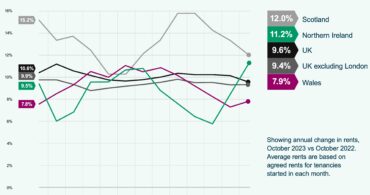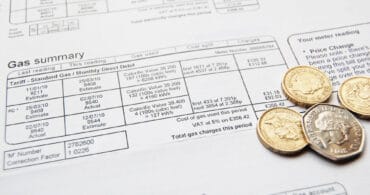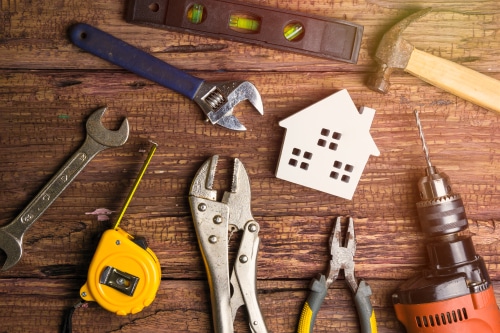What are Tenants’ Responsibilities for Repairs in a Rental Property?
In the private rented sector, landlords are required to keep their buy to let property well-maintained and in a good state of home repair. On the other side of the coin, tenants must ensure they act in a ‘tenant-like manner’, avoiding causing any damage to the property other than that which can be considered ‘fair wear and tear’. Wondering what tenants’ responsibilities for repairs are? Read on to find out.
In the private rented sector, landlords are required to keep their buy to let property well-maintained and in a good state of home repair. On the other side of the coin, tenants must ensure they act in a ‘tenant-like manner’, avoiding causing any damage to the property other than that which can be considered ‘fair wear and tear’. Wondering what tenants’ responsibilities for repairs are? Read on to find out.
Landlords must keep rental property well-maintained and in good repair, and there are various landlord repairs responsibilities. But tenants have responsibilities regarding repairs too, plus there are tenant cleaning responsibilities to adhere to.
Tenants must keep the property in a ‘tenant like manner’
Tenants are required to keep the property they rent in a ‘tenant like manner’. This means:
- Keeping the property reasonably clean
- Arranging safety checks for any electrical appliances they own themselves
- Maintaining gardens or outside spaces in a reasonable state
- Carrying out minor maintenance tasks, such as changing light bulbs or replacing some alarm batteries
Tenants are only expected to maintain the property to a reasonable standard and are not required to leave it in a better condition than when they moved in.
If the property was professionally cleaned on check-in, then it is reasonable to expect for it to be professionally cleaned at check-out, at the tenant’s expense.
Tenants responsibilities for repairs
Tenants are responsible for:
- Repairing any appliances or furniture they themselves own
- Fixing any damage that they themselves or their guests cause
- Any minor repairs set out in your tenancy agreement
If a tenant is deemed negligent in terms of taking care of the property, then it will usually be reasonable to expect them to cover the costs of repairs for things such as blocked drains if they didn’t take reasonable steps to prevent the issue.
Tenants are not responsible for wear and tear over the course of the tenancy.
Reporting issues and allowing access
Tenants should be instructed to report any maintenance issues as soon as possible so that they do not turn into major problems. This reporting requirement will usually form part of the tenancy agreement.
Tenants must allow landlords access to the property at reasonable times for the purpose of inspections, maintenance, repairs and safety checks.
You must provide 24 hours’ written notice, and permission must be given. In other words, unauthorised access is not permitted, only in certain circumstances. Read more on landlords’ right of entry here.
Hand over your maintenance and repair responsibilities to homes2let, and get your rent guaranteed too.
There is so much to deal with as a landlord, not least repairs and maintenance. So why not hand over to a property management service, but one with a difference?
The homes2let guaranteed rent scheme secures rental payments, even during void periods, as well as taking all the hassle of property management off your shoulders too.
Interested to learn more? You are welcome to get in touch with our expert team to discover how we can make your life as a landlord more of a breeze.
Related Insights

Government Confirms Major Leasehold Changes on the Horizon
Significant changes to English property law and specifically leasehold legislation are set to be introduced as the Government is poised to radically overhaul the system, making it easier and less costly for landlords and property owners to extend leases or convert them to freehold or commonhold in the future.

Navigating Tenant Rights in the Face of Rent Increases
In the current rental market, tenants face rising costs due to inflation (higher landlords costs) and high demand, with specific legal protections depending on their tenancy type. Tenants can negotiate with landlords or legally challenge unjust rent increases, particularly through tribunals that assess the fairness of the proposed rent in relation to local market rates. Understanding their rights and the specifics of their rental agreements is key for tenants to navigate these increases effectively.

Unpaid Utility Bills: Who Pays, Landlord or Tenant?
A common concern amongst landlords is what happens if a tenant moves out leaving unpaid utility bills. Whether it falls to the landlord to settle the debts, or it remains the responsibility of the tenant, is precisely what we are setting out to provide clarity on in this post.







